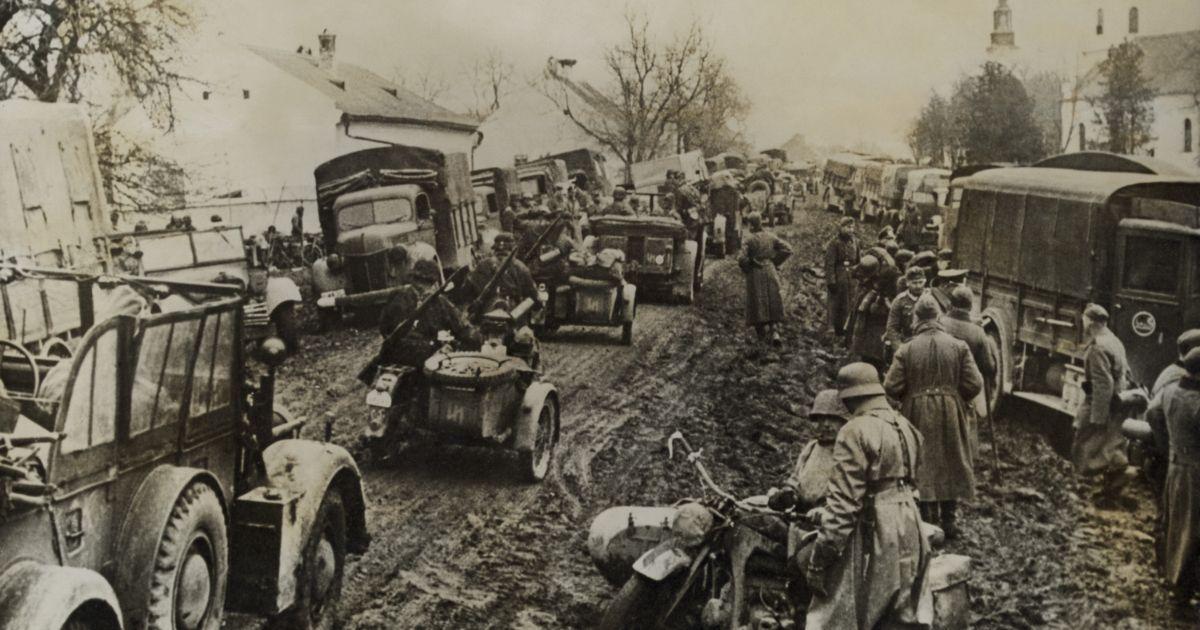Communication was critical in the lives of soldiers serving on the frontlines during World War II. The capacity to communicate with their families, get command updates, and sustain morale was critical to their well-being. Communication techniques before the widespread use of technology relied on letters, telegrams, and rare phone calls. This essay looks at the significance of communication for WWII troops and how it affected their life.
The Power of Personal Correspondence:
During WWII, troops relied on letters from home for survival. They offered a vital link to their loved ones as well as a feeling of routine in the midst of mayhem. Soldiers awaited mail calls with bated breath, cherishing each letter as a physical link to their family and friends. These letters gave emotional support, morale boosts, and insights into the life they left behind. Reading about home news, loved ones' well-being, and everyday events helped soldiers preserve their mental and emotional stamina.
The Challenges of Censorship and Privacy:
During WWII, communication was hampered by censorship and security concerns. Soldiers' letters were censored to ensure that no important military information was leaked. Censors thoroughly scrutinized correspondence, blacking out any facts that may jeopardize troop safety or military operations' success. While this safety was required, it occasionally resulted in troops' letters being substantially censored, restricting the amount of information they could communicate with their families.
Streamlining Communication through V-Mail:
During WWII, V-Mail, short for "Victory Mail," was an effective form of communication. Traditional letters were frequently delayed due to limited shipping capacity and the necessity to prioritize military supplies. V-Mail addressed this issue by photographically converting letters to microfilm, which could then be readily carried and duplicated at the destination. V-Mail enabled faster delivery while conserving crucial cargo capacity, resulting in more constant contact between soldiers and their loved ones.
The Power of Concise Telegrams:
Telegrams were an essential mode of communication for urgent updates and breaking news. The shortness of a telegraph ensured that essential information was transmitted quickly, but it also meant that the news it provided might be joyful or heartbreaking. Soldiers received telegrams informing them of births, funerals, injuries, and other important events. Telegrams represented the immediacy of contact during warfare and the influence it had on troops' emotions, bringing both relief and fear.
Radio as a Source of Information and Comfort:
Radio broadcasts were critical in keeping soldiers informed and linked. Armed Forces Radio supplied soldiers with news, entertainment, and music, as well as a reassuring presence. Programs such as "GI Jive" played popular music to promote morale and provide a taste of home. Radio broadcasts kept soldiers connected to the world beyond the battlefield, providing a feeling of normalcy and a reminder of the homefront's support.
Precious Moments of Conversation:
During WWII, phone calls were a rare privilege for troops. With restricted phone connectivity, troops appreciated the few occasions when they could communicate directly with their family. Phone calls allowed for an instant connection, allowing for real-time chats that gave comfort, reassurance, and a sense of proximity. While phone conversations were uncommon, they gave a level of intimacy that other modes of contact did not.
Communication was a vital lifeline for WWII soldiers, allowing them to remain in touch with their families, get reports from home, and sustain morale while fighting. Communication was crucial during WWII because it acted as a lifeline for soldiers, allowing them to face the difficulties of battle while remaining connected to the world they had left behind. Get in touch with the life of WWII soldier Glenn Max Whitacre and how he took the support of letters in communicating about his day-to-day activities in the war zone flawlessly written by Martin Dale Whitacre. I'm in the Army Now is available in two volumes on Amazon, so order now.
